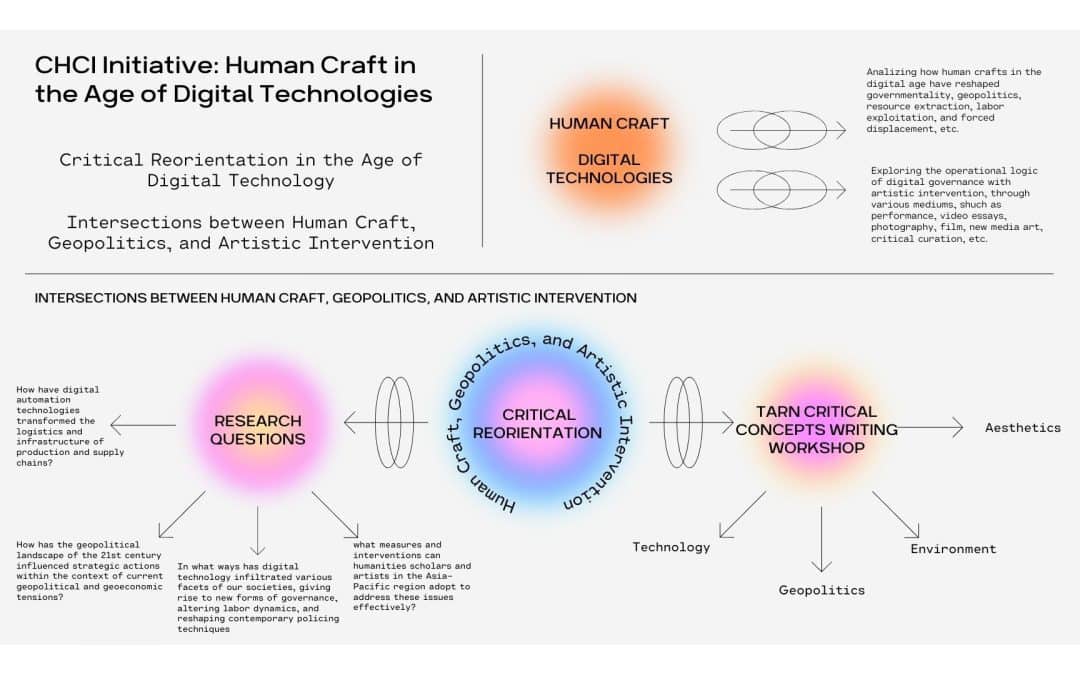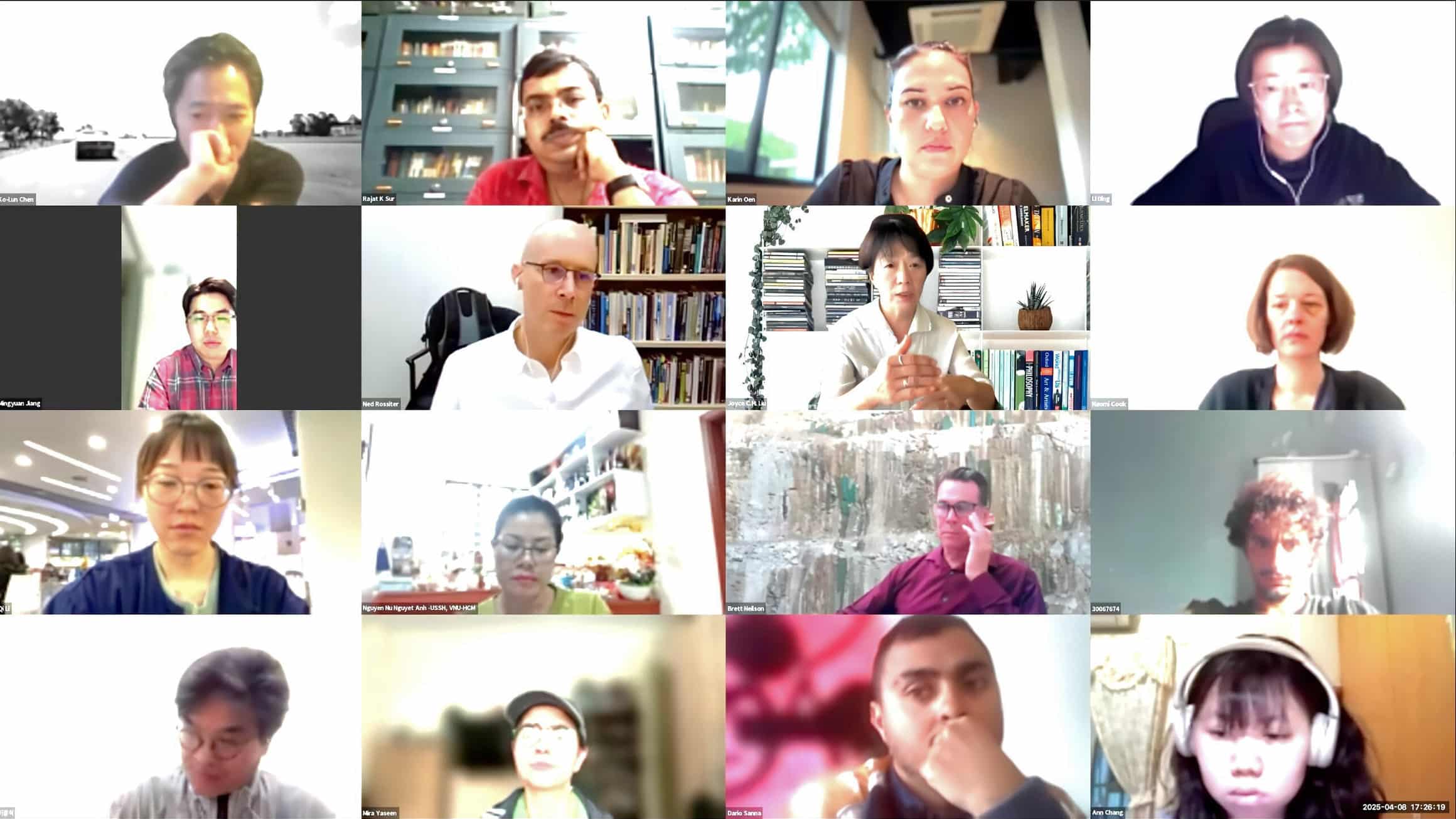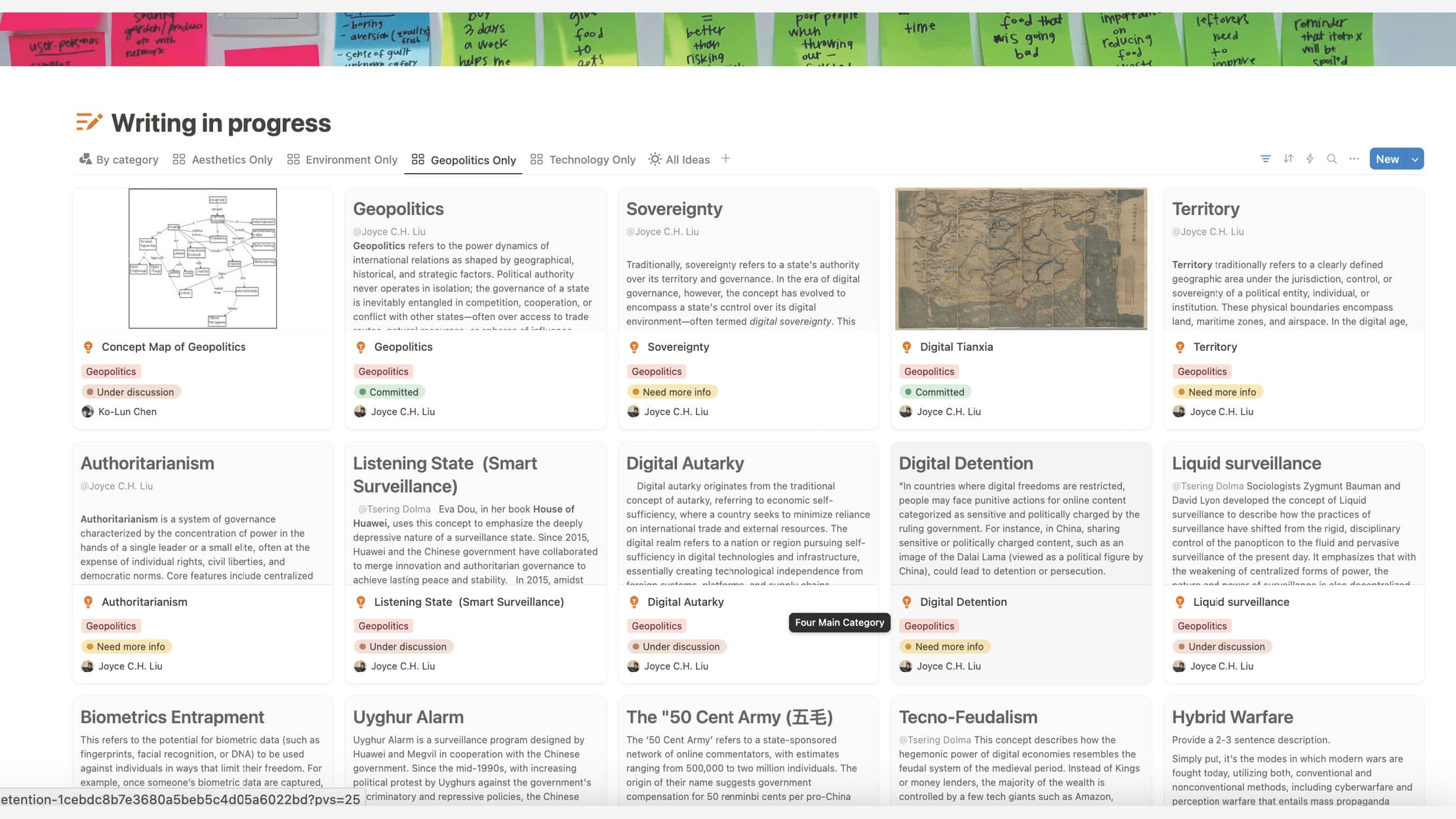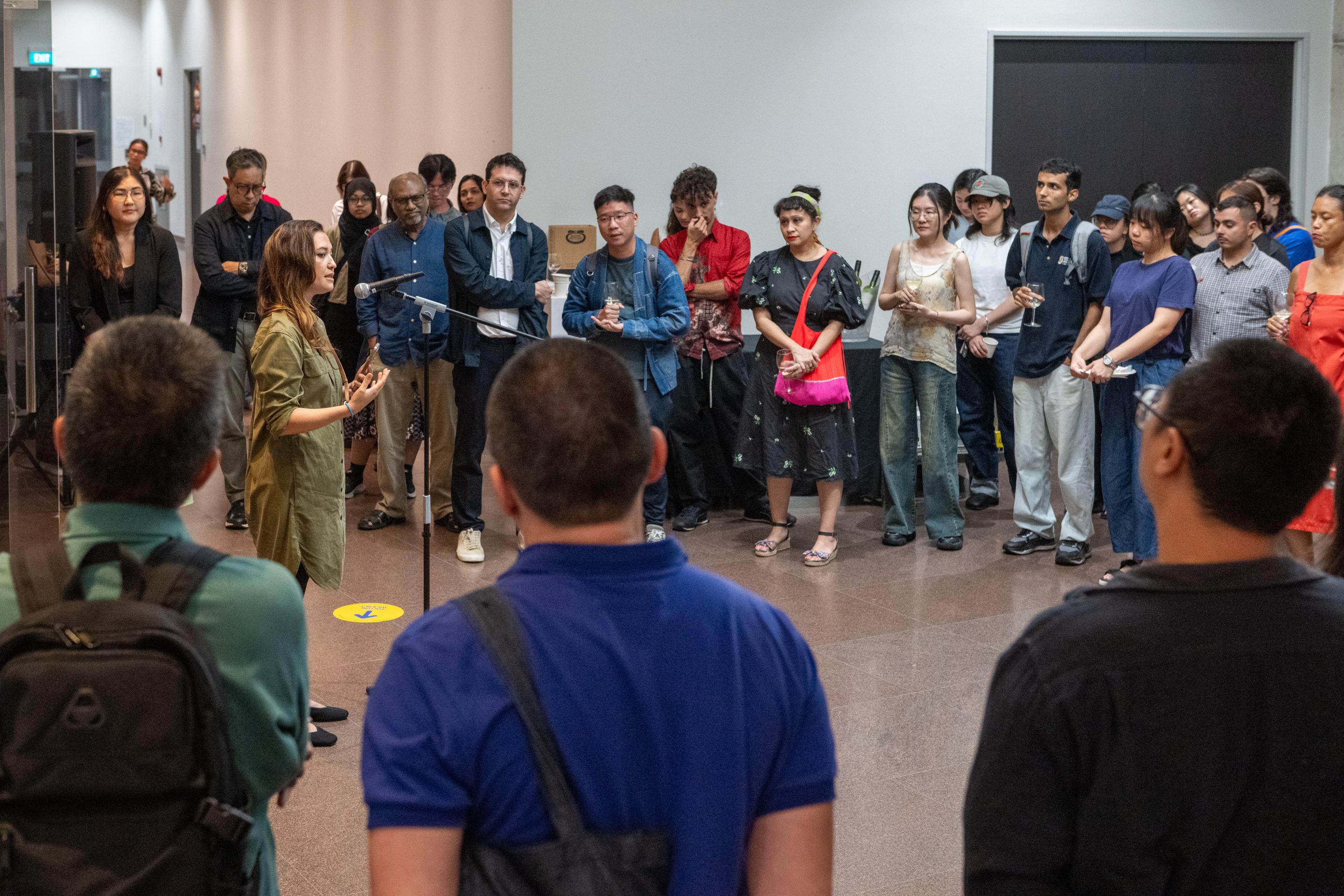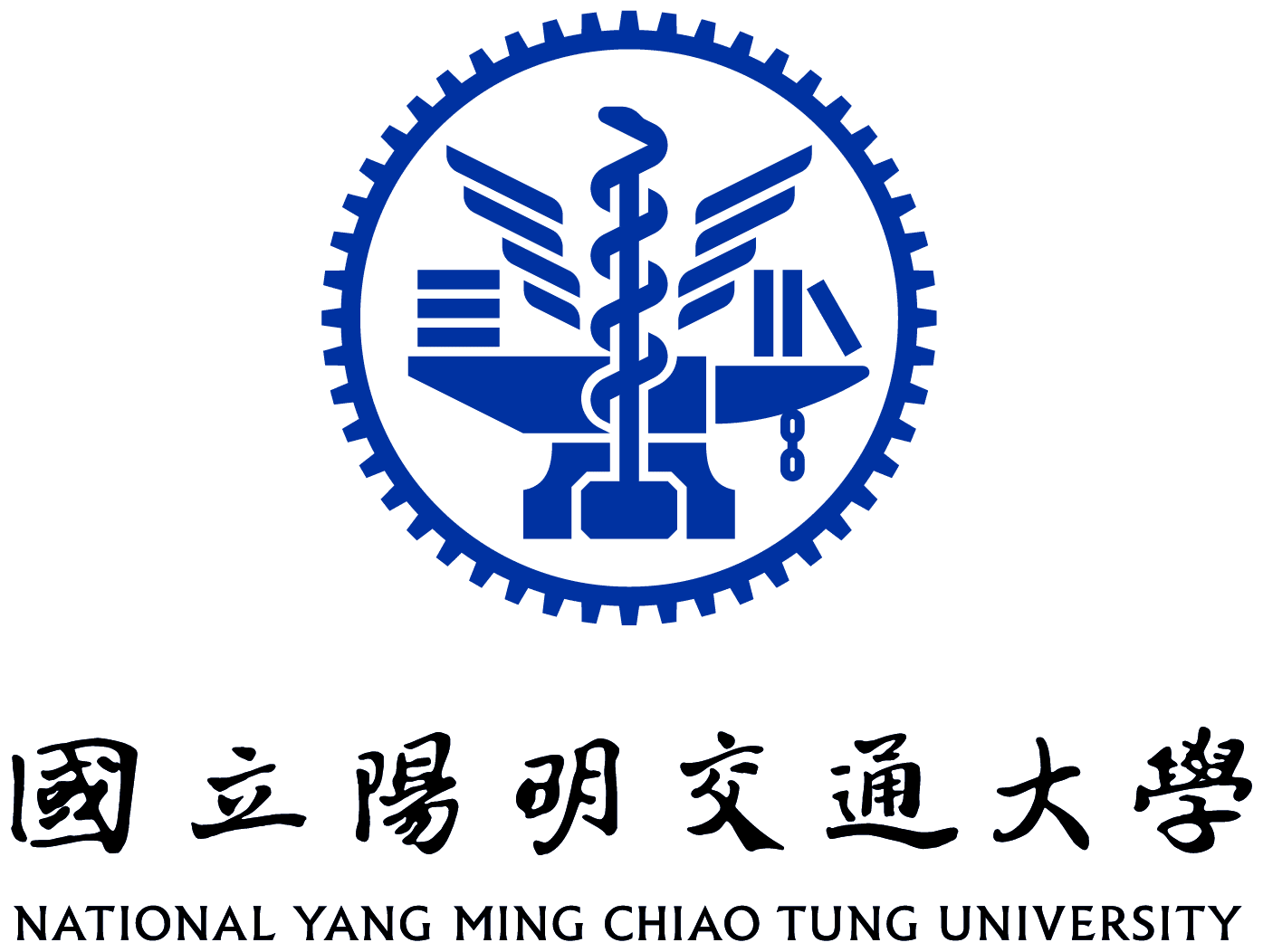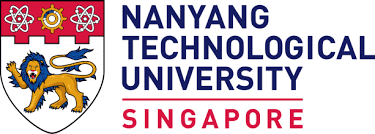Member Collaborative Project Receives Major Grant!
📣 The member collaborative project “Critical Reorientation in the Age of Digital Technology: Intersections between Human Craft, Geopolitics, and Artistic Intervention,” along with its inaugural event, the Critical Concepts Writing Workshop, has been awarded USD 25,000 from the CHCI Initiative Award.
Critical Reorientation in the Age of Digital Technology:
Intersections between
Human Craft, Geopolitics, & Artistic Intervention
Principal Investigators
Joyce C.H. Liu | International Center for Cultural Studies (ICCS), National Yang Ming Chiao Tung University (NYCU), Taiwan
Brett Neilson & Ned Rossiter | Institute for Culture and Society (ICS), Western Sydney University (WSU), Australia
Karin Oen-Lee | Centre for Contemporary Art Singapore (CCAS), Nanyang Technological University (NTU), Singapore
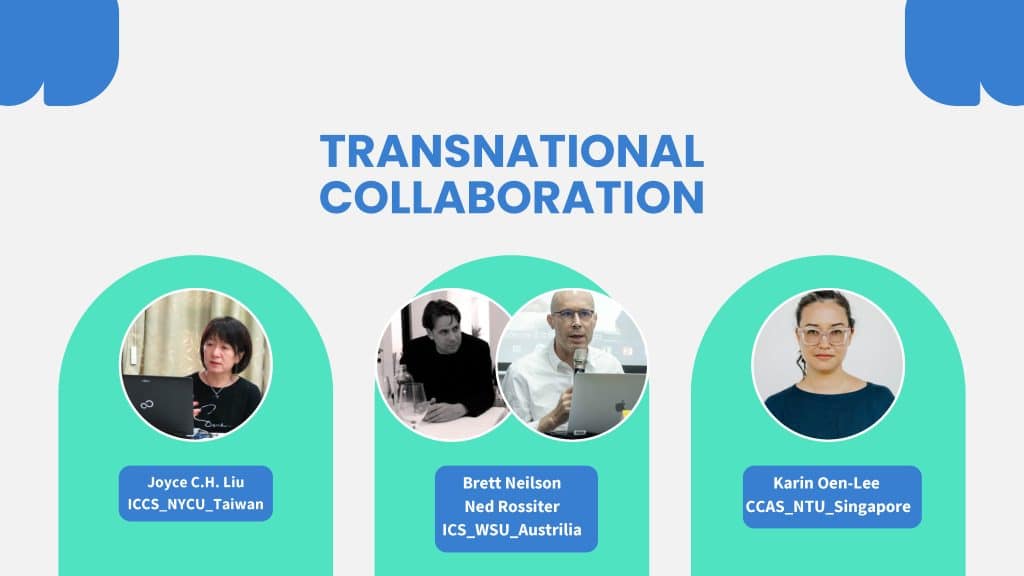
Aims and Rationale
This research project seeks to critically examine the intersections of technology, politics, and art. We conceptualize “craft” through the lenses of strength, skill, force, energy, and power. Human craft encompasses not only artistic practice but also the techniques and capabilities that individuals and societies wield to manipulate surrounding environments. In this context, our exploration of human craft in the digital age adopts a bidirectional approach: one dimension examines how contemporary technologies and human craftsmanship in the digital age have reshaped our realities and our perceptions of governmentality, geopolitics, resource extraction, labor exploitation, and forced displacement. The other dimension involves artistic intervention, exploring the operational logic of digital governance observed in the field through various artistic mediums. We will showcase our findings through performance, video essays, photography, film, new media art, critical curation, etc. We aim to investigate how artistic interventions can meaningfully engage with these pressing issues to illuminate the nexus between technology and society, economy and environment.
Problem Statement and Research Questions
The project aims to explore the following research questions:
1. How have digital automation technologies driven by the chip industry accelerated capital expansion and automated operations, thereby transforming the logistics and infrastructure of production and supply chains? How has the geopolitical landscape of the 21st century, particularly in Asia-Pacific, influenced strategic actions within the context of current geopolitical and geoeconomic tensions?
2. In what ways has digital technology infiltrated various facets of our societies, giving rise to new forms of governance, altering labor dynamics, and reshaping contemporary policing techniques, with focus on the Asia-Pacific region?
3. In response to the challenges posed by advancements in digital technologies, what measures and interventions can humanities scholars and artists in the Asia-Pacific region adopt to address these issues effectively? Beyond traditional academic writing, what alternative forms of knowledge and artistic expression can be created? Can performance, video, photography, film, new media art, and critical curatorial practices help us advance this discourse?
These questions will guide our investigation into the intricate relationships between technology, economy, and society, allowing us to critically assess the implications of digital transformation in the modern world.
Research Design
This comprehensive project is designed as follows:
Theoretical Work: Investigating how digital technologies today have reshaped both the reality and our understanding of governmentality, geopolitics, resource extraction, labor exploitation, forced displacement, and information, and asking how artistic intervention can critically address the above-listed issues.
Geopolitical and Case Analysis: Focusing on case studies of the impacts of the “Belt and Road Initiative” and high-tech industries on social conflicts and labor patterns. These case studies will analyze models of local intervention actions in geopolitically significant locations such as India, Sri Lanka, Nepal, Australia, Hong Kong, Poland, Germany, Africa, Central Asia, and Taiwan.
Artistic Interventions and Provocation: Scholars and artists will engage in dialogue with the field sites and concepts explored by researchers, developing artistic responses through performance, video, photography, film, new media art and critical curatorial practices.
LAUNCH EVENT
Critical Concepts Writing Workshop
24–26 April 2025
Nanyang Technological University
Centre for Contemporary Art Singapore (NTU CCA Singapore)
The Critical Concepts Writing Workshop is a key event within the project Critical Reorientation in the Age of Digital Technology: Intersections between Human Craft, Geopolitics, and Artistic Intervention, and is part of the CHCI Initiative: Human Craft in the Age of Digital Technologies.
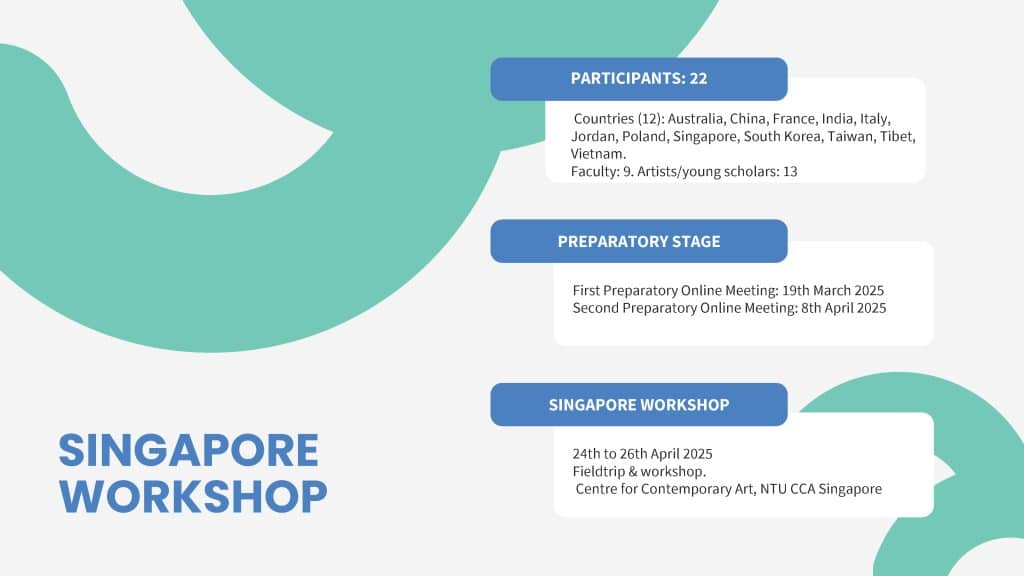

The Workshop invites 22 senior and early-career researchers to develop a book of 100 critical concepts collaboratively. Preparatory online meetings will be held before the workshop in Singapore to set up the collective writing.
During the on-site Workshop, participants will engage in “book sprints” to produce interdisciplinary entries in text, images, drawings, and code, fostering alternative knowledge production and experimental approaches to conceptualisation.
The Project is initiating two parallel processes:
1. Critical Concepts Writing Workshop & Booklet:
The first phase centers on developing a concept booklet through collaborative workshops. This foundational work will also inform further research and artistic experimentation. Participants are encouraged to treat this phase as a critical and creative practice.
2. Visual & Multimedia Experimentation for Web Presentation:
Concurrently, we invite participants to experiment with visual interpretations of their concepts, including context-dependent imagery. These explorations will inform the development of our project website, which will visually map the depth and interconnections of concept clusters, especially in relation to local or regional specificities. Multimedia elements such as podcasts, video essays, and documentary clips can also be linked to individual concepts. This stage is intended to reveal the complexity of conceptual relationships, including hierarchies, sub-concepts, derivatives, cross-linking, and context-sensitive representations.
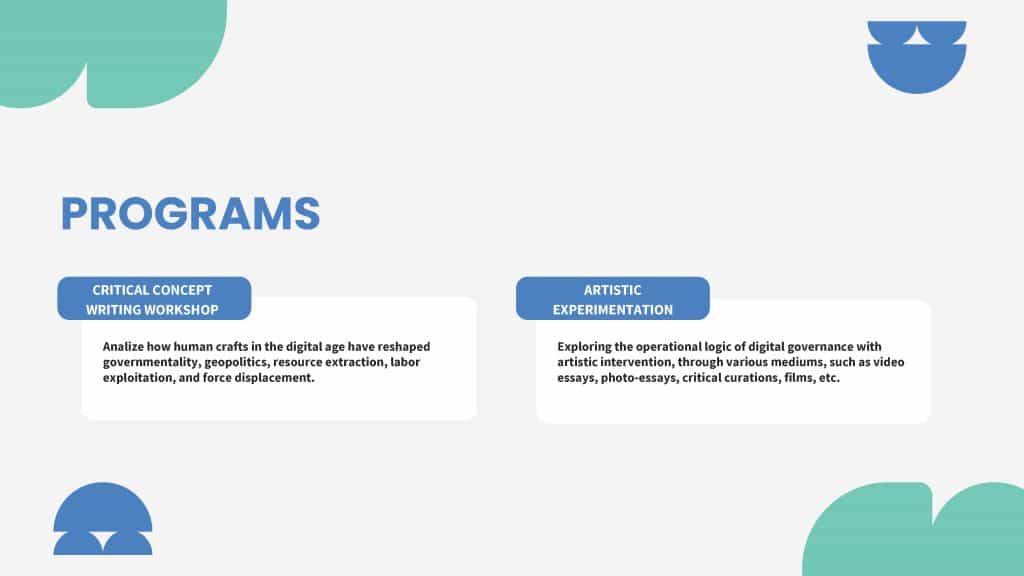
Participants
Tias Basu, PhD candidate, Centre for Research in Policy, Communication and Society & Jadavpur University, India
Davide Blotta, PhD candidate/Research Assistant, Institute of Culture and Society, Western Sydney University/University of Urbino, Italy/Australia
Dabashree Chakraborty, Research Associate, Calcutta Research Group (CRG), India
Naomi Cook, artist/research fellow, Western Sydney University, Australia
Li Ding, Independent scholar/PhD in Cultural Studies, China/Taiwan
Dattatreya Ghosh, PhD candidate, Centre for Research in Policy, Communication and Society & Jadavpur University, India
Manas Ghosh, Assistant Professor/Film scholar/filmmaker, Centre for Research in Policy, Communication and Society & Jadavpur University, India
Mingyuan Jiang, PhD candidate, The Australian National University, Autralisa
Karin Oen-Lee, Director/Senior Lecturer, Nanyang Technological University Centre for Contemporary Art, Singapore
Kwang-Suk Lee, Professor, Graduate School Of Public Policy and Information Technology, Seoul National University of Science & Technology, South Korea
Qi Li, PhD candidate, National Yang-Ming Chiao Tung University, Taiwan
Joyce C. H. Liu, Professor/Director, International Center for Cultural Studies, National Yang Ming Chiao Tung University, Taiwan
Lou Mo, Filmmaker/artist, Independent artist and curator, Canada/France/Taiwan
Brett Neilson, Professor, Institute for Culture and Society, Western Sydney University, Australia
Anh Nguyen Nu Nguyet, Lecturer/Dean, Faculty of Sociology, University of Social Sciences and Humanities, Vietnam National University in Ho Chi Minh City (VNU –HCM), Vietnam
Dario Sanna, Artist, Collettivo Transhumanza, Italy
Rafal Smoczynski, Associate Professor, Institute of Philosophy and Sociology of the Polish Academy of Sciences, Poland
Rajat Kanti Sur, Researcher, Mahanirban Calcutta Research Group, India
Dolma Tsering, Postdoctoral Fellow, National Yang-Ming Chiao Tung University, Taiwan
Ned Rossiter, Professor, The Institute for Culture and Society, Western Sydney University, Autralia
Abhijit Roy, Professor/Head, Centre for Research in Policy, Communication and Society & Jadavpur University, India
Mira Yaseen, independent scholar, Jordan

